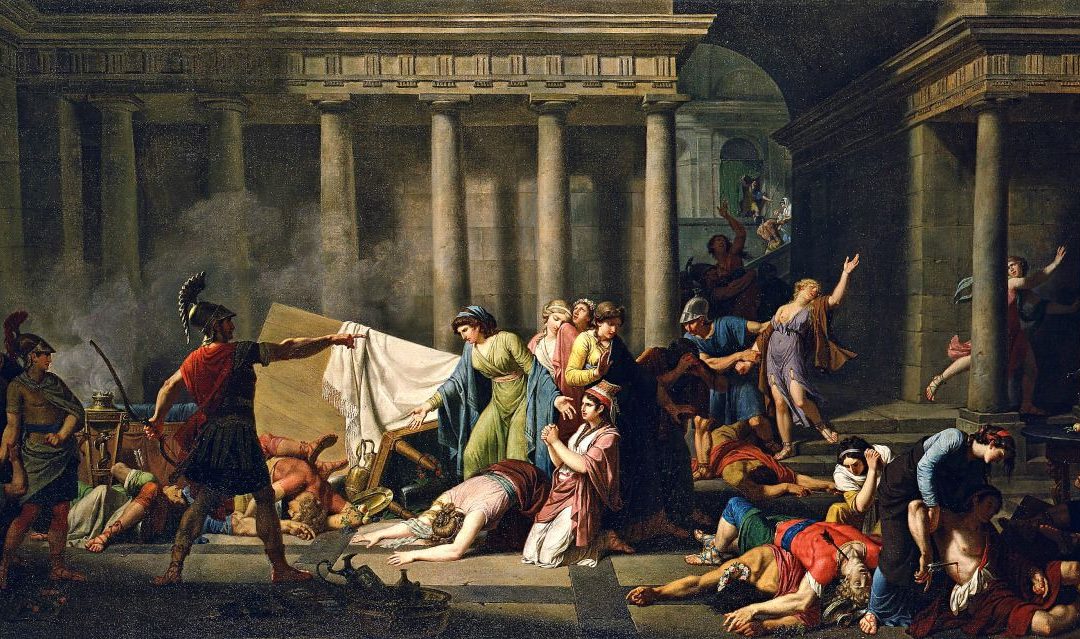Henry Bullinger
Let the reader understand that in the language of the earlier Reformers, among whom were men like Henry Bullinger, John Calvin, and John Knox, there does not exist covenantal language as clear as we might find in the post-Reformed puritans such as Herman Witsius and John Owen. However, there was most certainly a theology of covenant in the earliest era of Reformation, albeit more implied than explicit. And the covenants, sometimes referred to as leagues, are mostly understood as contexts for revelation. Willem J. van Asselt, commenting on two pieces in which Franciscus Junius focuses on federal theology, writes, “Although Junius did not develop a full-blown federal system within these pieces, he did mention the divine covenants with Adam, Noah, Abraham, Israel, and the church and further argued that God’s revelation in various times and periods took place in the context of covenant.”[1]
Bullinger on the Context of Natural Theology
Henry Bullinger, an English contemporary of John Calvin and influencer of the English Reformation, connects the significance of natural theology to God’s revelation in Scripture. Muller writes, “Bullinger, like Calvin, appears to have distinguished between the reception of natural revelation by pagans and unbelievers and the reception of natural revelation by way of the testimony of Scripture.”[2] Bullinger himself understands natural theology within the context of God’s Word, which he understands to be in nature and Scripture, “Now since this God doth in his word, by the workmanship of the world, by the holy scriptures, and by his oracles uttered by the mouth of the patriarchs, prophets, and apostles, ye, and the very minds and consciences of men, testify that he is…”[3] Speaking on the first and chiefest way by which man knows God, he begins with the names of God. And he understands these names to be specially revealed within the context of God’s league or covenant.
Bullinger also makes a distinction between two ways in which God’s works may be understood. First, there are those things “laid before us to be beheld in things created for the behoof of men, as in heaven and in earth.” Secondly, the works of God we may “behold in man,” which the present author takes to be a reference to man’s intuitive awareness of the goodness and kindness of God toward him. This twofold understanding of the works of God comes to Bullinger’s readers within the context of how we may know God, a la., natural theology. But, throughout this particular sermon, Bullinger establishes the primal way in which to know God is Jesus Christ, “For the most evident and excellent way and mean to know God is laid forth before us in Jesu Christ, the Son of God incarnate and made man.” And, “But I do humbly beseech the most merciful Lord, that he will vouchsafe of his inestimable goodness and liberality to enlighten in us all the understanding of our minds… through Jesus Christ our Lord and Savior.”
Conclusion
Though not well-developed, there are three things most certainly related either explicitly or implicitly in Bullinger’s work. First, there is a natural theology to one extent or another. Second, the concept of league or covenant most certainly comes into Bullinger’s thought, and is even linked to the quality of knowledge man has about God, i.e. through His covenant name. Third, man’s knowledge of God is connected to revelation through both nature and Scripture, but a regenerated knowledge through Scripture, inasmuch as it bestows the knower with Christ and His gospel, is superior to the former.
Resources
[1] Willem J. van Asselt in introduction to Franciscus Junius’ A Treatise on True Theology, (Grand Rapids: Reformation heritage Books, 2014), xvi.
[2] Richard Muller, Post-Reformed Reformed Dogmatics, vol. 1, (Grand Rapids: Baker Academic, 2003), 272. (PRRD henceforth)
[3] Henry Bullinger, Decades, vol. 2, (Grand Rapids: Reformation Heritage Books, reprint of 1849-1852 edition), 125.

